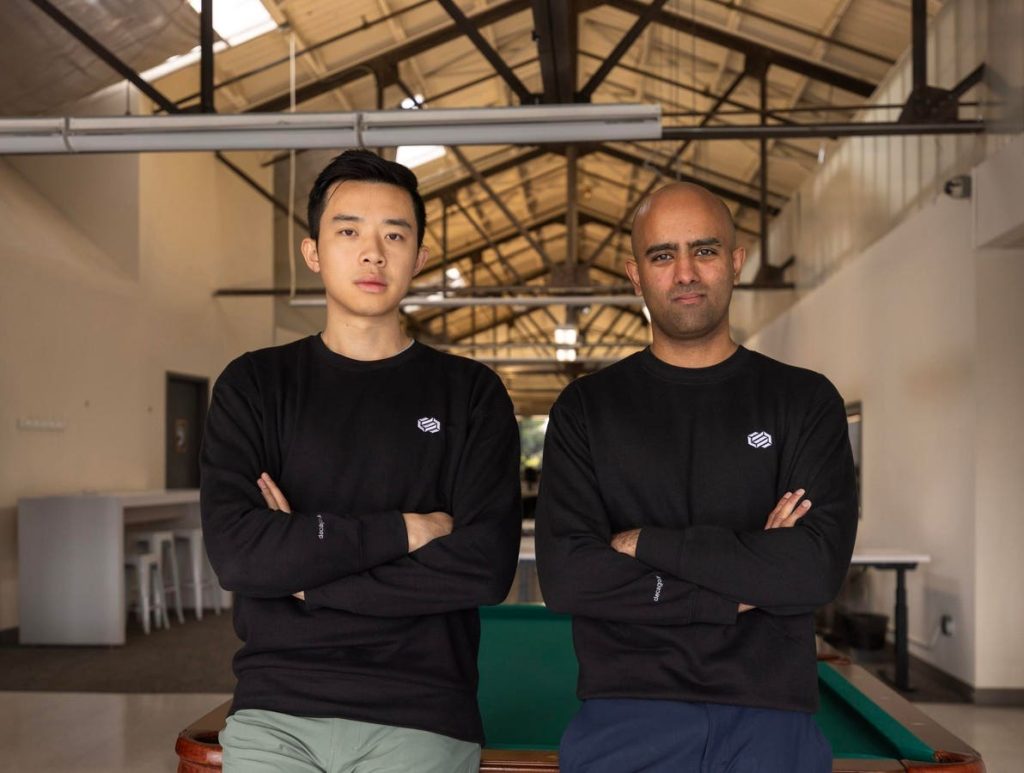Decagon, a startup founded by Jesse Zhang and Ashwin Sreenivas, has seen rapid growth in the past year with companies like Notion, Duolingo, Rippling, Bilt, and Substack using its AI-powered customer service system. Despite facing tough competition from established players like Salesforce, Decagon’s chatbot consistently outperformed others in resolving customer queries accurately. This success has led to the startup raising $65 million in a Series B round, bringing its total funding to $100 million and valuing the company at $650 million. The funding will be used to expand the team, target new customers, and add a voice feature to its product.
The rise of AI agents, capable of completing specific tasks beyond generating responses, has led to increased interest in automation in customer service. Companies using Decagon’s chatbots have reduced their human customer support teams significantly, resulting in cost savings worth millions of dollars. Decagon’s AI agents are trained on a mix of large language models from companies like OpenAI, Anthropic, and Cohere, using enterprise data such as how-to blogs and manuals. The company has also developed a system to keep information up to date, providing chatbots that emulate human agents effectively.
Decagon’s approach to customer service automation focuses on giving companies visibility and control over how the chatbots respond to queries, ensuring transparency and flexibility for users. This level of control has been praised by investors like Elad Gil, who believes that customers should have the ability to understand and modify the bot’s behavior. While customer service automation is not a new concept, Decagon’s AI-powered agents aim to provide a more efficient and effective solution compared to traditional chatbots, enabling companies to resolve issues without human intervention.
The frustration with existing customer service automation systems lies in their inability to effectively resolve queries and the desire for human interaction when issues become complex. Decagon and other startups in the space are focusing on improving the capabilities of AI agents to address these challenges, with the goal of providing seamless customer service experiences. This shift towards AI-powered agents marks a significant advancement in the automation of repetitive tasks that are typically disliked by humans, with the potential to revolutionize customer support operations across industries.
As the adoption of AI agents in customer service continues to grow, companies like Decagon are redefining the way businesses approach customer support. By leveraging advanced AI technologies and training models on real-world data, these startups are enabling companies to streamline their operations, reduce costs, and improve customer satisfaction. With the support of investors and industry experts, Decagon is poised to further disrupt the customer service automation space and set new standards for AI-powered assistance. The future of customer service may indeed be automated, with AI agents leading the way in delivering efficient and reliable support to users.













